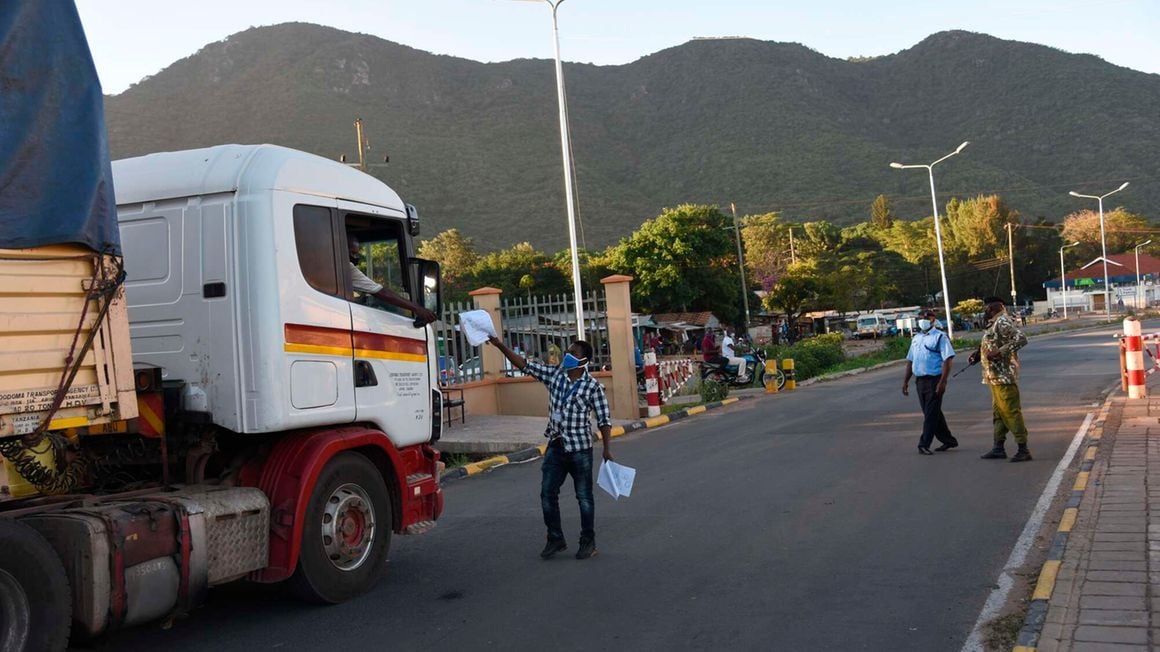Kenya and Tanzania last week agreed to resolve at least 14 trade barriers that have stifled business between East Africa’s largest economies.
Of the 14 issues discussed in the meeting held in Kisumu, only three were fully resolved, pending another bilateral meeting to be held in Tanzania in July.
Under the latest agreement, Kenya will facilitate the clearance of spirits (Konyagi), which had been detained by the Kenya Bureau of Standards at the Namanga border.
At the eighth bilateral meeting hosted by Kenya’s Trade Cabinet Secretary Rebecca Miano and her Tanzania counterpart Ashatu Kijaji, Kenya also agreed to clear timber imports from Tanzania at Lunga Lunga/Horohoro.
Kenya resumed tea exports to Tanzania, which had been halted. The decision to resolve Non-Tariff Barriers follows a meeting between President William Ruto and Tanzanian’s Samia Suluhu last year.
“The meeting considered 14 issues, six from Tanzania and eight from Kenya, and provided direction on their resolution,” Ms Miano said.
But there are 11 unresolved issues, some stretching over a decade.
Tanzania continues to deny Kenya import permit for poultry and poultry products including dayold chicks, hatching eggs and meat.
Tanzania Dairy Board continues to charge 1.75 per cent FOB (Free on Board) application fees on the value of dairy produce on pasteurised whole milk, skimmed, yoghurt and powdered milk, making Kenyan dairy products uncompetitive in the country.
Tanzania raised the issue of Kenya’s non-recognition of certified products in the Community as dictated by the EAC’s Standardisation, Quality Assurance, Metrology and Testing (SQMT) Act of 2006.
Dodoma has complained that Kenya has acted contrary to the requirements of the EAC Protocol on the Common Market and wants it to adhere to the EAC requirements on standards.
Read: Unfair business practices blamed for Kenya’s food prices
“We made a decision to discuss the pending issues in next meeting, which will be held in July 2024 and hosted by Tanzania,” CS Miano said.
Kenya also raised the issue of the introduction of discriminative exercise duty at 10 percent for lead acid batteries.
The 10 percent is excise that importers pay as surcharge for environmental pollution with lead.
The Tanzania Revenue Authority does not grant preferential treatment to juice products that have been manufactured in Kenya.
Further, Tanzania imposed an excise duty on sugar and sugar products, including chocolate, biscuits, and chewing gum, at Tsh500 per kg on locally manufactured sugar confectionery and Tsh700 per kg on imported sugar confectionery.
The Tanzanian Finance Act 2022 introduces a duty of Tsh700 per kg but the applicable duty is at Tsh1,000 per kg on sugar and sugar products.
